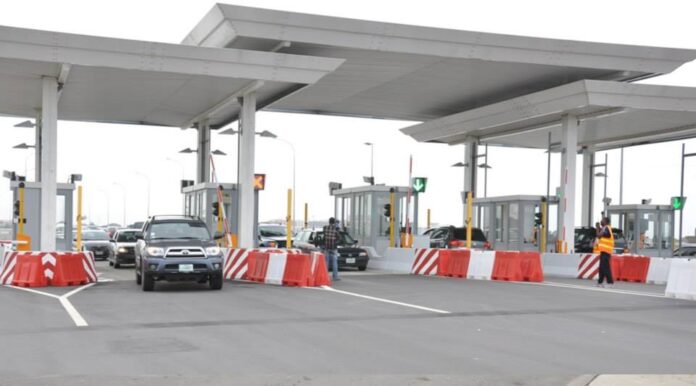Government has justified its decision to reintroduce road tolls as part of its revenue generation measures.
Government, in the 2022 budget Statement and Economic Policy, announced the scrapping of road tolls in the country and announced a new tax measure, which it said, would generate enough revenue for development and construction of roads.
It had argued that the road toll did not only generate revenue so inadequate to even undertake major road repairs but was causing congestions and traffic jams on roads and urged Parliament to approve its decision to abolish it.
But even before it secured an approval from the legislature, the Minister of Roads announced a suspension of the tax policy, claiming motorists were resisting payment of tolls following the announcement, resulting in chaos at toll booths.
The decision to suspend the collection, Mr. Amoako Atta had justified, was to avert possible deaths resulting from the chaos.
But the Minority in Parliament kicked against the move and demanded a reinstatement of the policy.
Government, however, did not pay heed to their demand.
But just a little over a year since the cessation of the collection of tolls, government has reintroduced the tax measure with a proposal to increase the rate by about 100 percent.
Speaking in an interview on JoyNews TV, Deputy Minister of Roads and Highways, Stephen Pambiin Jalulah justified the reintroduction, saying the decision has become necessary due to the failure of the E-levy to generate the expected revenue.
“We used to get around 70, 80 million per year and that is a lot of money and can do something. But in the E-levy was a component of a chunk of money. If we had approved E-levy at (the right time) and if the E-levy had worked the way it was conceived, I’m sure that we will not be talking about this today. But unfortunately, the E-levy failed us. It didn’t workout the way we plan it and that is why we are now talking about road tolls,” he said.




